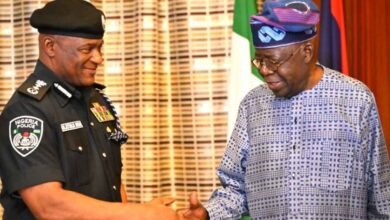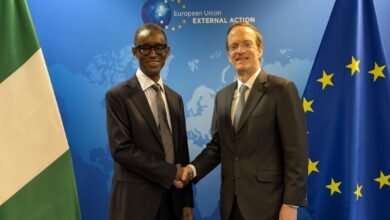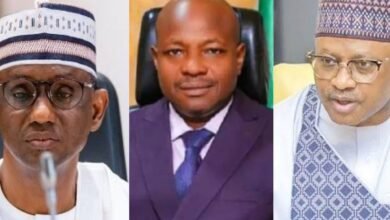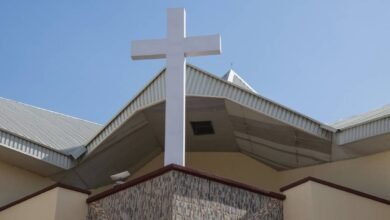Security
Minister Matawalle Partners with U.S. AFRICOM to Boost Mental Health Services for Nigerian Soldiers
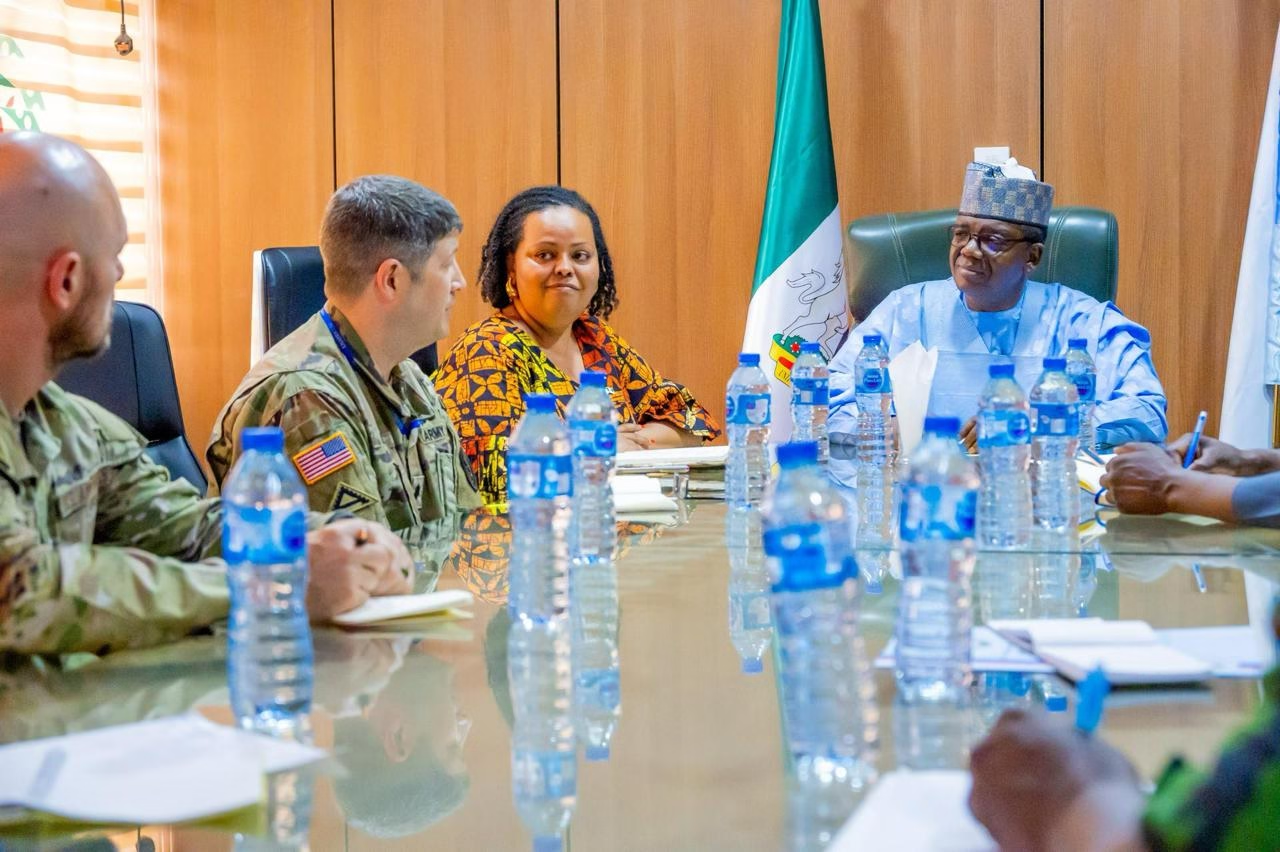
The Honourable Minister of State for Defence, Dr. Bello Muhammad Matawalle, MON, has reaffirmed the Federal Government’s commitment to the mental health and overall well-being of Nigerian Armed Forces personnel, declaring that “a healthy soldier is a combat-ready soldier.”
Dr. Matawalle made this assertion last week during a courtesy visit by a team of mental health experts from the U.S. Africa Command (U.S. AFRICOM) to his office at the Ministry of Defence Headquarters, Ship House, Abuja.
“Our soldiers must be healthy and mentally fit to cope with the stress and demands of military service,” the Minister said, emphasising that mental resilience is just as essential as physical readiness in ensuring operational effectiveness. He called for stronger support systems and access to professional mental health care for military personnel, noting that soldiers often endure intense trauma and stress in the course of their duties.
The visiting delegation was led by Mrs. Helina Meri, Country Director of the Walter Reed Army Institute of Research (WRAIR), and included Dr. Yakubu Adamu, Deputy Country Director, WRAIR; LTC Corey Carnes of the U.S. Air Force (Africa Region); LTC Ryan Howry; Maj. Francis Ugoh; and Lt. Col. Nicola Mamson. The Walter Reed Institute is renowned for its expertise in infectious diseases, trauma care, and mental health.
Discussions focused on how U.S. AFRICOM’s mental health expertise can support Nigeria’s ongoing efforts to improve psychological care within the Armed Forces. This collaboration aligns with the Ministry of Defence Health Insurance Programme (MOD-HIP), which is designed to deliver comprehensive healthcare services to military personnel and their families.
MOD-HIP’s efforts to bolster military healthcare infrastructure complement USAFRICOM’s objectives of building psychological resilience, strengthening trauma care, and enhancing mental health services in military hospitals.
Dr. Matawalle praised the U.S. team for their dedication to supporting the Nigerian military and urged continued collaboration. He invited the delegation to visit key defence health facilities, including the 44 Nigerian Army Reference Hospital in Kaduna, to further explore avenues for partnership.
“The Federal Government remains unwavering in its commitment to the holistic health and welfare of the Armed Forces of Nigeria, recognizing that mental health support is indispensable to operational effectiveness and national security,” the Minister added.
Also present at the meeting were Brigadier General I.B. Solebo, Director General of MOD-HIP; Rear Admiral Abdulkadir Atiku (rtd), Special Assistant – Technical to the Minister; Senator Sahabi Alhaji Ya’u; Brigadier General M.N. Inuwa, PGSO to the Minister; and Lt. Col. B.S. Kaya, GSO 1 Army to the Minister.
The visit signals a growing partnership between Nigeria’s Ministry of Defence and international allies to strengthen the mental fitness of its military personnel—an increasingly vital component of national defence readiness.

